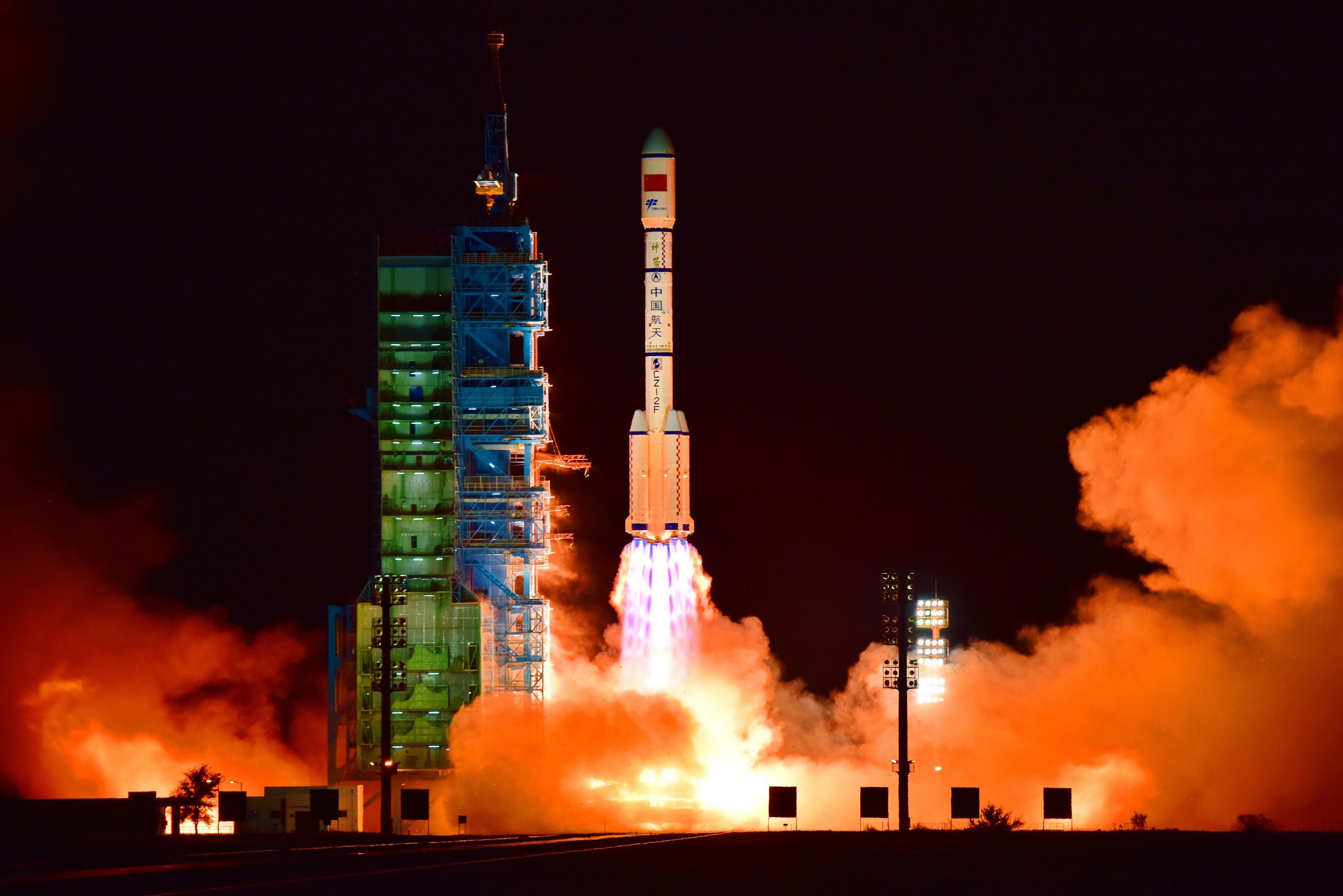China angry with US for space station incidents involving Elon Musk’s satellites
China’s complaints to the UN space agency have not yet been verified

Your support helps us to tell the story
From reproductive rights to climate change to Big Tech, The Independent is on the ground when the story is developing. Whether it's investigating the financials of Elon Musk's pro-Trump PAC or producing our latest documentary, 'The A Word', which shines a light on the American women fighting for reproductive rights, we know how important it is to parse out the facts from the messaging.
At such a critical moment in US history, we need reporters on the ground. Your donation allows us to keep sending journalists to speak to both sides of the story.
The Independent is trusted by Americans across the entire political spectrum. And unlike many other quality news outlets, we choose not to lock Americans out of our reporting and analysis with paywalls. We believe quality journalism should be available to everyone, paid for by those who can afford it.
Your support makes all the difference.China has called on the United Nations to remind the US of its responsibility in outer space after it had to take measures to avoid its space station from colliding with Elon Musk’s satellites twice in the past year.
China, in a report to the United Nations’ Committee on the Peaceful Uses of Outer Space earlier this month, said that Starlink satellites launched by Elon Musk’s company SpaceX almost collided with its Tiangong space station in July and October and was forced to take “preventive collision avoidance control” during these two “close encounters.”
Beijing requested the secretary-general of the United Nations that “state parties must bear international responsibility” for activities in space.
Elon Musk’s SpaceX has launched more than 1,600 satellites into space so far and has permission from the US Federal Communications Commission to launch up to 12,000 satellites.
On Chinese social media platforms, commentators criticised Musk and his aerospace company over the incidents. One user said: “How ironic that Chinese people buy Tesla, contributing large sums of money so Musk can launch Starlink, and then he [nearly] crashes into China’s space station.”
Another user said: “Prepare to boycott Tesla.”
Several others said that had the US space station had “almost collided” with China’s satellites, America would have issued sanctions. One social media user urged the government: “Why don’t we just do what they do?”
Another person on Weibo described Starlink’s satellites as “just a pile of space junk.”
Jonathan McDowell of the Harvard-Smithsonian Centre for Astrophysics was quoted as saying by the Guardian that it was “highly unusual” for a country to lodge a complaint through an “informational bulletin.”
He said that collisions in outer space are not rare. And that such incidents have increased in recent years given the number and speech at which satellites are being launched. He added: “Starlink is a big part of that.”
Mr McDowell said: “It is also fair to say that the US space station has several times over the past 10 years had to dodge pieces from the Chinese military anti-satellite test of 2007. It’s not like the Chinese had a clean record here. The biggest debris event ever was the Chinese anti-satellite test.”
China’s complaints to the UN’ space agency has not yet been independently verified.
Join our commenting forum
Join thought-provoking conversations, follow other Independent readers and see their replies
Comments